Having the right DIY tools at your disposal is essential before embarking on a DIY journey. It is both thrilling and rewarding. Whether you’re gearing up to hang a picture, craft a coffee table, or dive into a home addition, these top 5 must have DIY tools for beginners are your key to turning ideas into reality. Read along and let’s equip you with the essentials that will empower your creativity and craftsmanship from the very start.
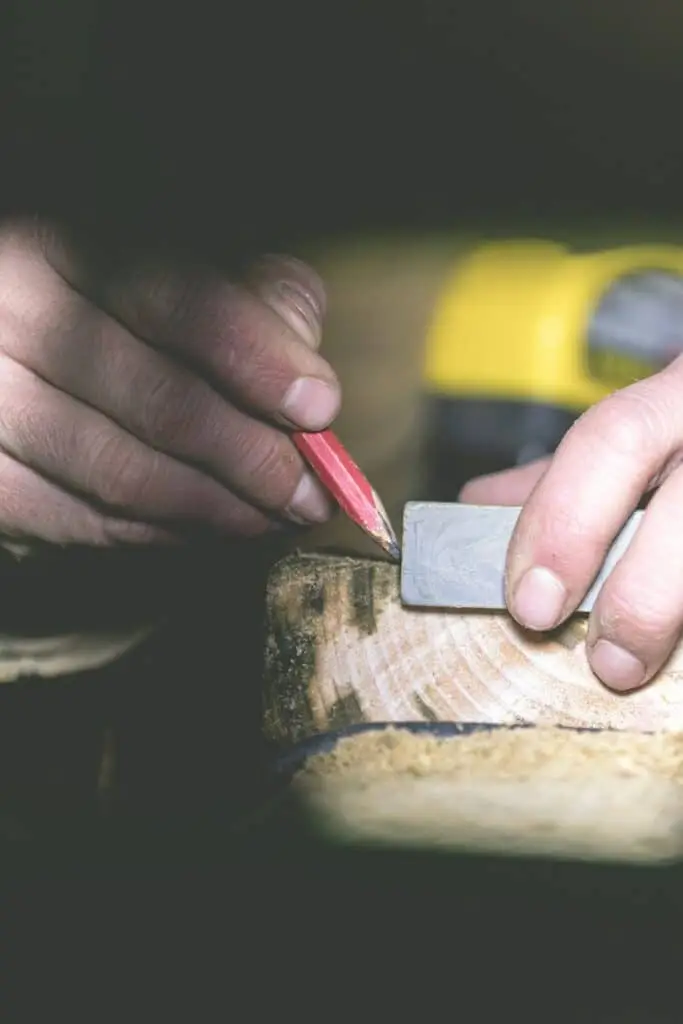
Table of Contents
This post may contain affiliate links which means I may receive a commission for purchases made through links.
What is the best DIY tools for beginners?
When it comes to tackling projects there is a bare minimum that you will need to have. You will need to be able to measure, cut, drill, fasten and ensure level and plumb is achieved. These our our favorite DIY tools to get you started on the right path.
1. Drill
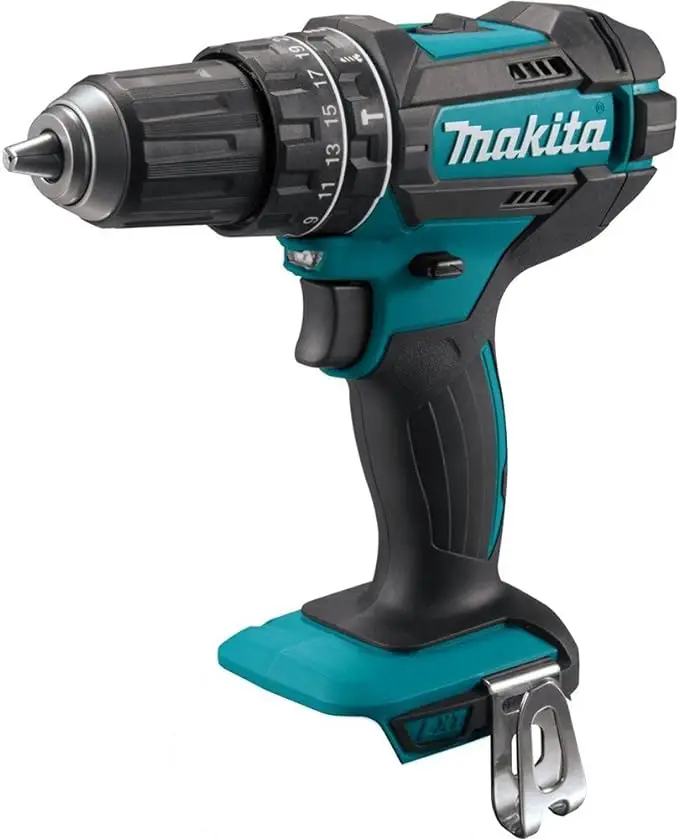
At some point when tackling your DIY projects and renovations you will need to drill a hole in something. Maybe you’re putting some anchors in a wall or pre-drilling a hole for a fastener. This is one of the essential diy tools to have in the garage or tool bag.
2. Impact Driver
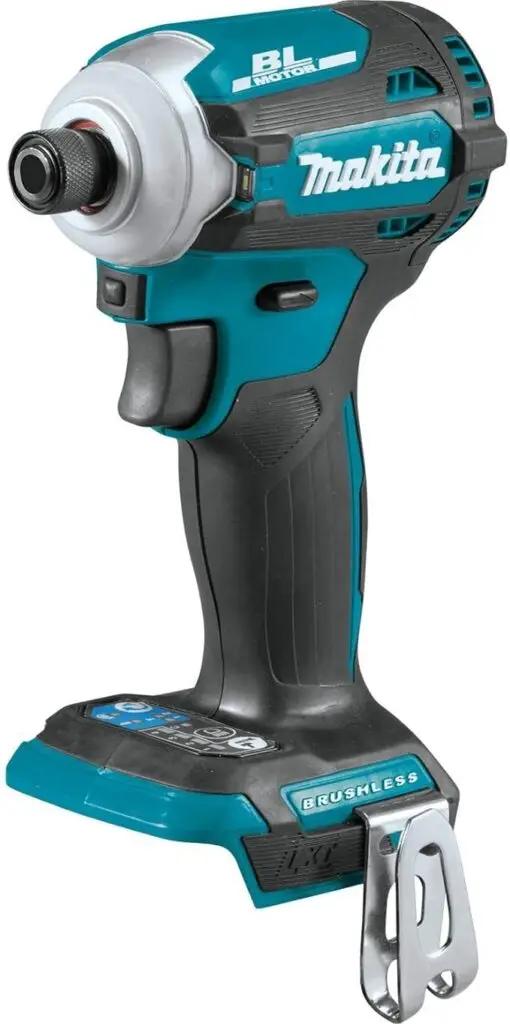
While the drill is good at putting holes in things its not exceptionally great for driving in screws and fasteners. That’s where an impact driver comes into play. Impact drivers or “impact guns” as they’re commonly referred to as, are typically more compact, feature a quick change chuck that receives different bits and can apply a lot more torque than the drill counterpart without twisting your wrist causing pain and discomfort. The way this is achieved is through an internal hammer mechanism that hits the anvil thousands of times per minute literally driving the screw into submission.
3. Circular Saw
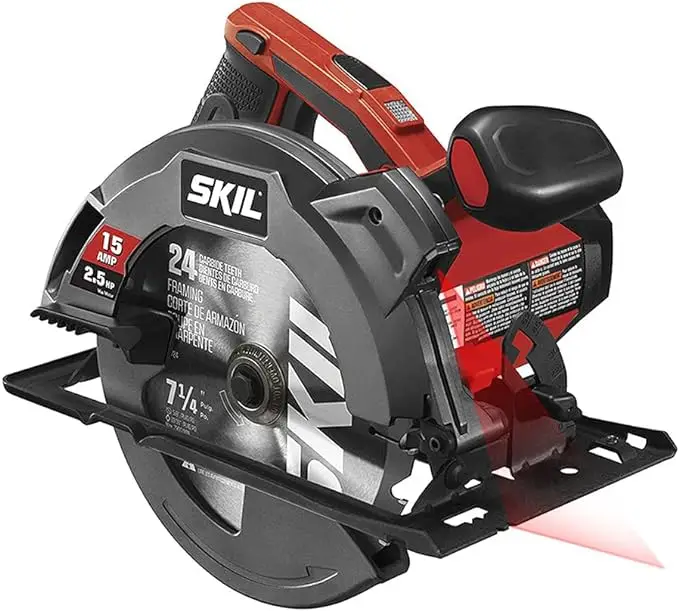
While drilling holes and driving screws is great fun and crucial to building anything you’re not going to get very far without a way to cut material down to size. There’s lots of tools to cut lumber. Miter saws, jig saws, reciprocating saws, and table saws. Each of these saws provides its on special abilities but purchasing all these tools is very costly and space consuming. Enter the circular saw. Typically used on jobsites for making quick cuts and ripping large material down to size the circular saw is kind of a jack of all trades type of tool. Paired up with a speed square you can easily make accurate and square cuts in lumber while also being able to rip down sheets of plywood. We like cordless varieties but for a tool that will last a lifetime and wont rely on batteries that phase out corded is a noble option.
This model is extremely affordable and sure to get you up and running.
4. Tape Measure
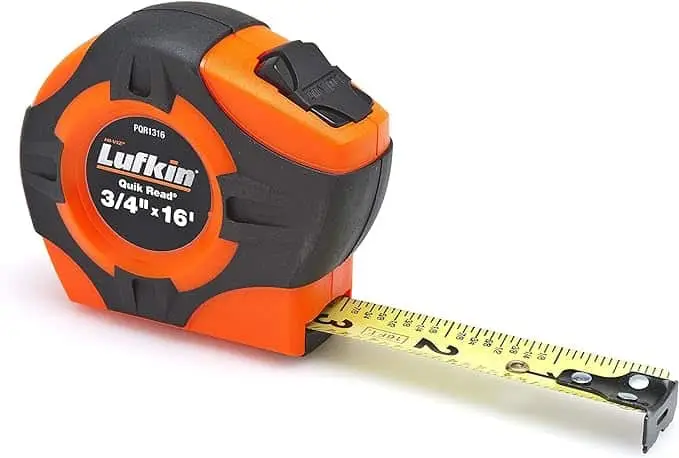
We’ve covered drilling, fastening, and cutting but what good would any of that be if you had no way to measure the pieces you need to cut. There’s not a whole lot to say about tape measures. Most will get the job done. If you’re new to these types of things one of the best DIY tools you could get is a tape measure that shows all of the fractions between each inch. These usually have easier to read lines and can help you learn to read a tape.
5. Level

You have officially outfitted yourself to drill, screw cut and measure the finally requirement is going to be leveling your project. A level is a perfectly straight tool typically made of wood, plastic or aluminum that has one or more glass tubes filled with liquid and an air bubble. The air bubble is centered on the glass showing that whatever surface the tool is resting on sits perfectly level. Levels come in many shapes and sizes, longer being more accurate but not always feasible on all projects and locations. I find a good two foot level to be the happy middle point for most jobs.
The best DIY tools for beginners Summary
In the world of DIY, success begins with the right tools in hand. This blog post highlights the essential arsenal for beginners – the versatile drill, the powerhouse impact driver, the precision of a circular saw, the ever-reliable tape measure, and the key to straight lines, the trusty level. From hanging picture frames to building masterpieces, these tools lay the foundation for every DIY adventure. If you’re interested in learning about some more advanced tools to elevate your game check out this Milwaukee Cordless Nail Gun Review and this DeWalt Miter Saw Review.

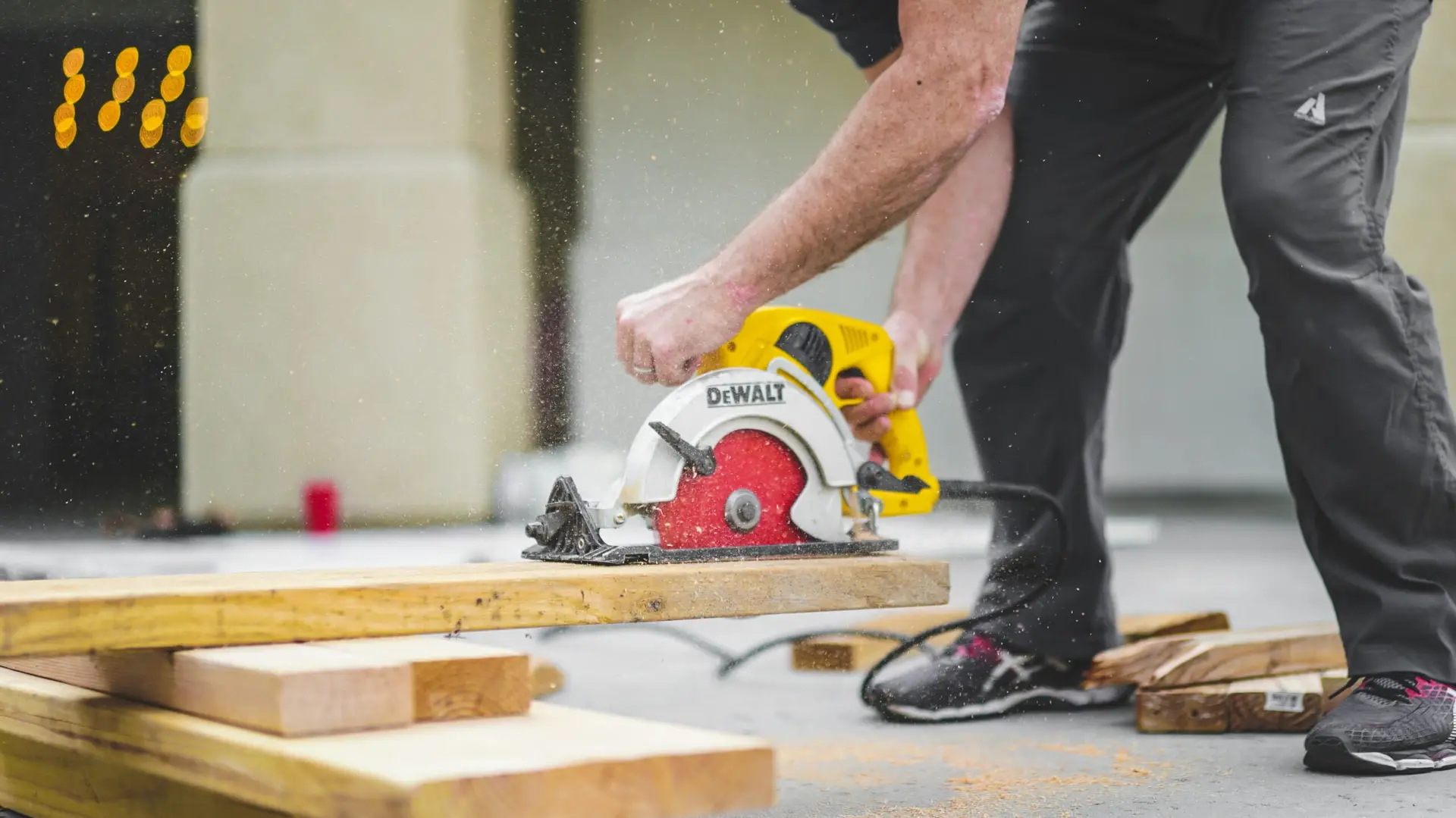
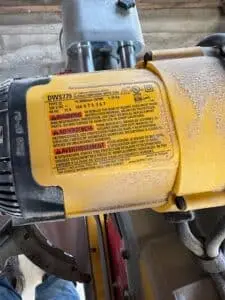
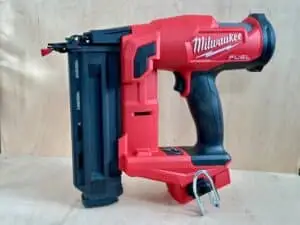
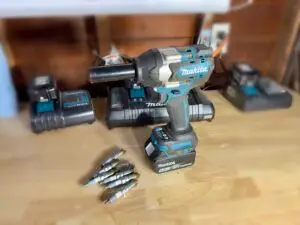
Pingback: Drill vs Impact Driver Battle What's Best? - 2024 - The DIY Nut